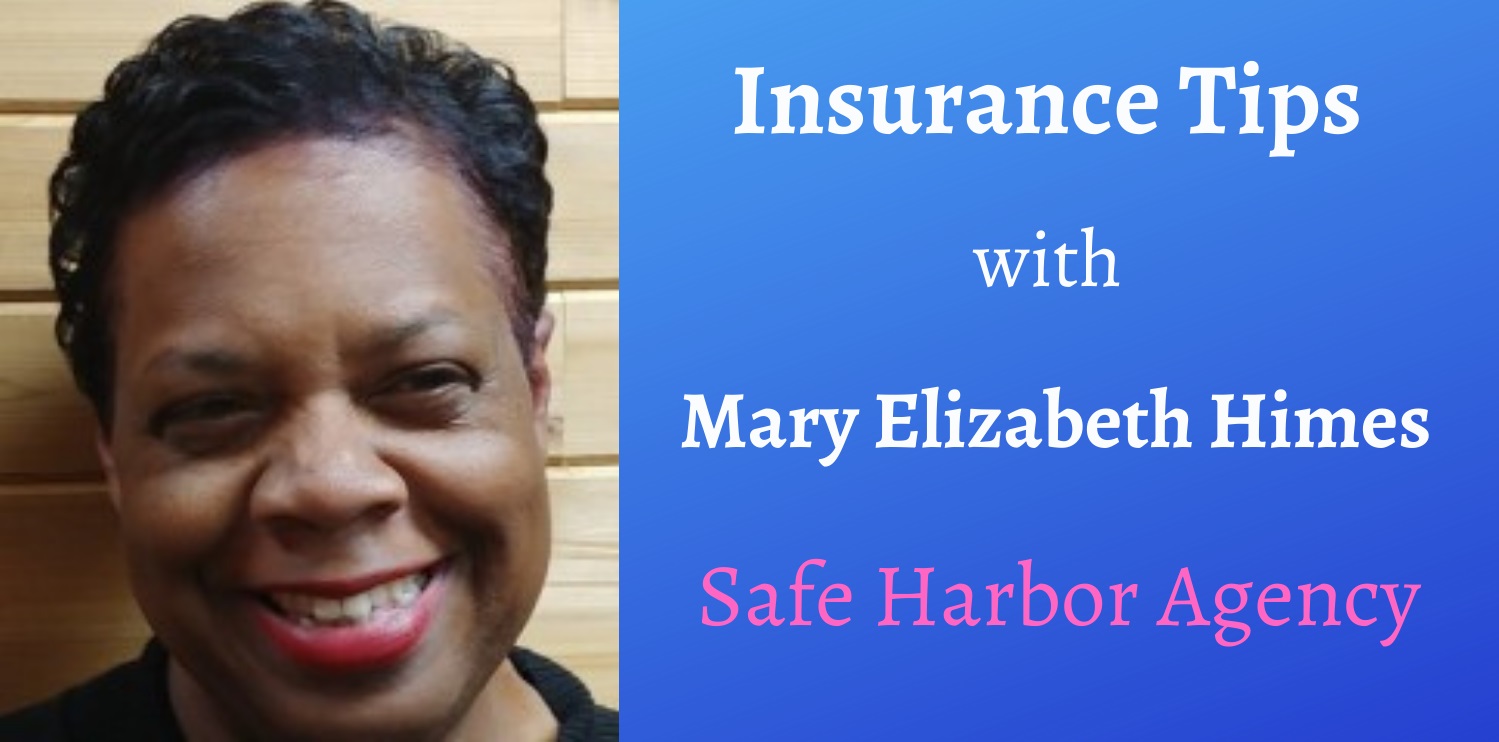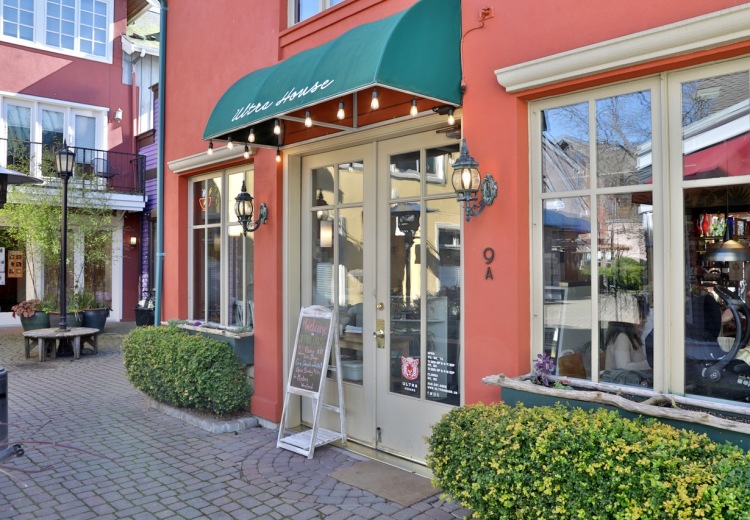The following information is provided by Mary Elizabeth Himes, owner of Safe Harbor Agency in Oak Harbor, Washington. For additional questions about insurance, she may be reached at (360) 675-6663.
Insurance and You
How Much Can You Afford to Lose
Insurance is an agreement between parties to transfer risk. That means that one party pays another party to provide financial compensation in the event of loss of assets, property or life. Most Americans are most familiar with personal insurance that protects their homes and cars, the problem is that most Americans do not understand what they are paying for.
Life in 2020 has changed us and will require a lot more change in 2021 as we readjust, rethink and acclimate to our new environments. Work is different, home life is different, social behaviors are different, but we continue to make our way as creatively and thoughtfully as possible. We have seen the resurgence of community, faith and family. Financially however, we are worried about losing savings, investments, property and money while trying to figure out how to stop the constant outflow of money especially to items that are generally felt to have no value.
Many feel that insurance provides them with absolutely no value especially when they have never filed a claim. A person or business may assume the burden of risk themselves and accept full responsibility to pay for liabilities and/or damages out of their own pocket , this is called self-insuring. Others may choose to underinsure to save money or meet minimum regulatory financial requirements. Insurance is seemingly unnecessary until you need it and so the rest of this article will provide real life examples of instances when personal insurance coverage was previously declined, or underwriting rules circumvented by an insured due to cost.
1. A single working mother is driving on a freeway in the left lane. The freeway is crowded but the speed is over 60 miles per hour. She is driving uninsured having made the decision to pay for tires on the car instead of car insurance. As she’s driving, she sees the car in front of her stop and slams on her brakes she is unable to avoid the collision and rear ends the other car. The hood of her car is damaged, as well as the front bumper. The other vehicle has a scratch on the rea bumper but all 4 people in the car exit the car holding their necks. The outcome was that the rear-ended vehicle had uninsured motorist coverage and any medical was paid for by their insurance company. The single mother ended up with a suspended license and a lawsuit from the insurance company and ended up paying a court ordered $20,000.00 through a collection agency over a period of 15 years. If she had chosen to have insurance or discussed it with an agent, the cost of liability insurance would have been 40.00 per month.
2. Homeowners in their early 60s pay off their home and decide that they want to reduce the amount of insurance on the home. The home is 50 years old but well maintained and remodeled over 20 years previous. They find that no insurance company will reduce the level of coverage to the limits that they want at the price they want. So, they decide to self-insure and accept any risk of fire and theft, they have savings and investments, so they feel secure in being able to pay in the event of any loss. A few years pass and there is a fire that damages the upstairs of the home. The damage is not only from fire but water from the fire department and then the electrical damage. The home is unlivable, and the insured must now use savings if they wish to rebuild, many of their personal possessions have been destroyed or damaged. The outcome is that the homeowners decide not to rebuild because of cost and spend the next few years in a trailer on their property. Eventually selling the vacant land and moving away to another part of the country. If they had chosen to keep insurance the financial and emotional burden of the fire would have never impacted their savings and quality of life. Though they may have eventually sold the property anyway they lost hundreds of thousands of dollars on a lifetime investment. The annual cost of their insurance was less than 1000.00 significantly less than what they ultimately lost.
Have real discussions with your family about insurance the same way you have about other financial exposures in your home, it is a worthwhile exercise in thinking about what your family can afford to lose. These are only 2 examples of how lack of personal insurance impacted the lives of these people and their families future and financial stability.
We are Whidbey Strong.







